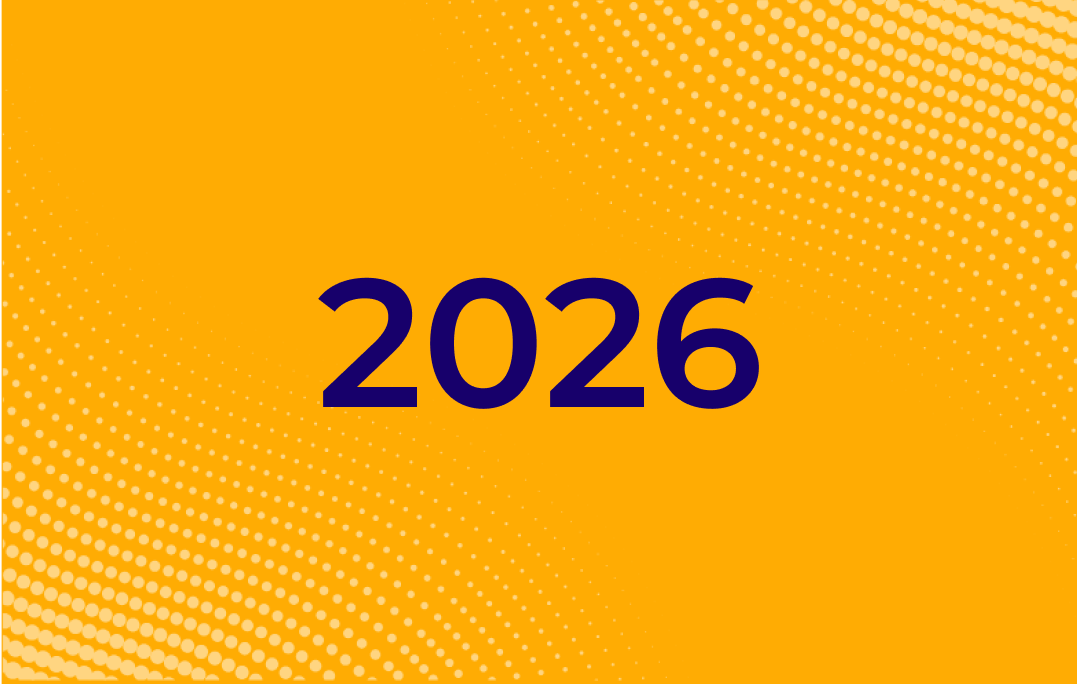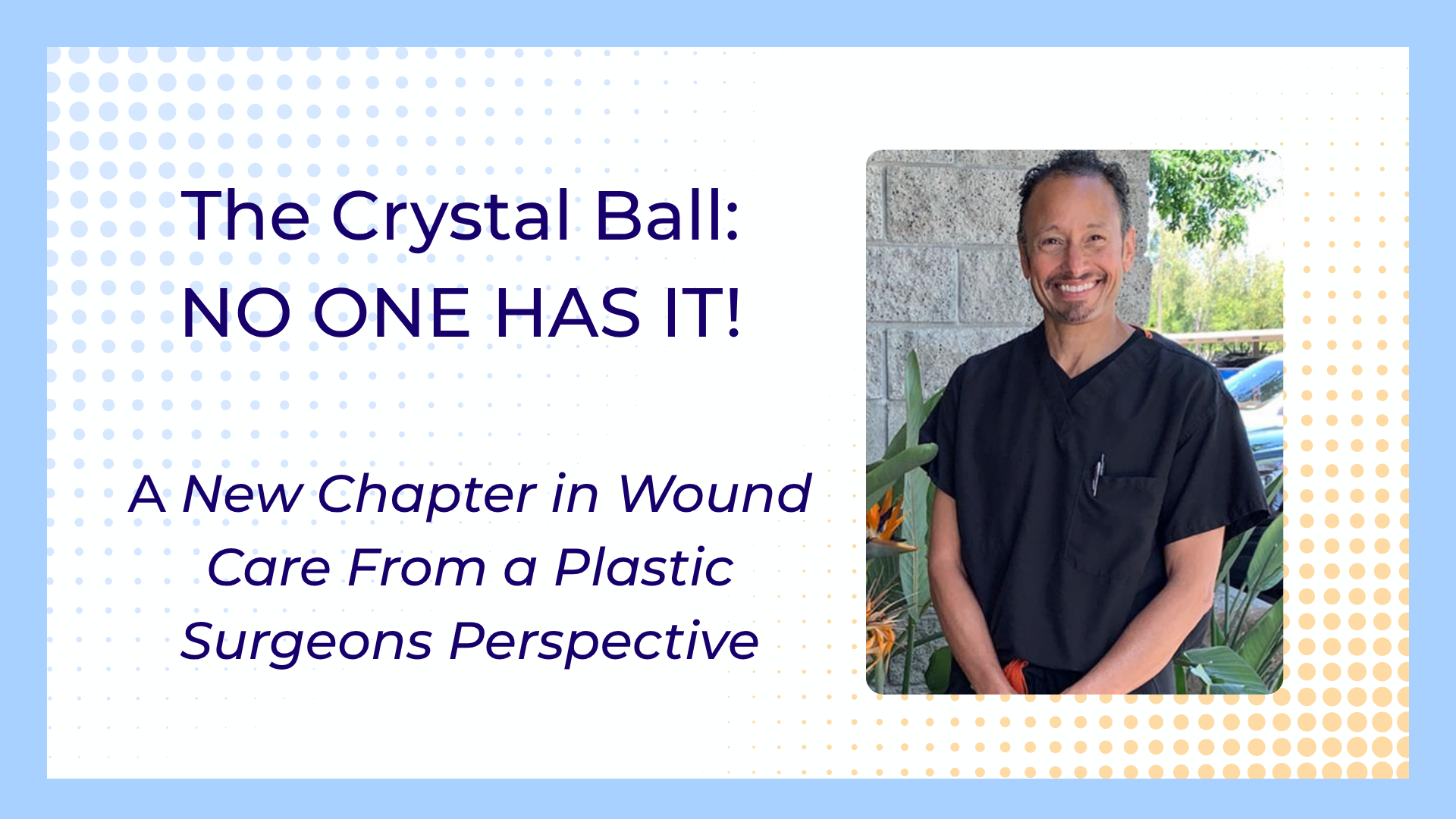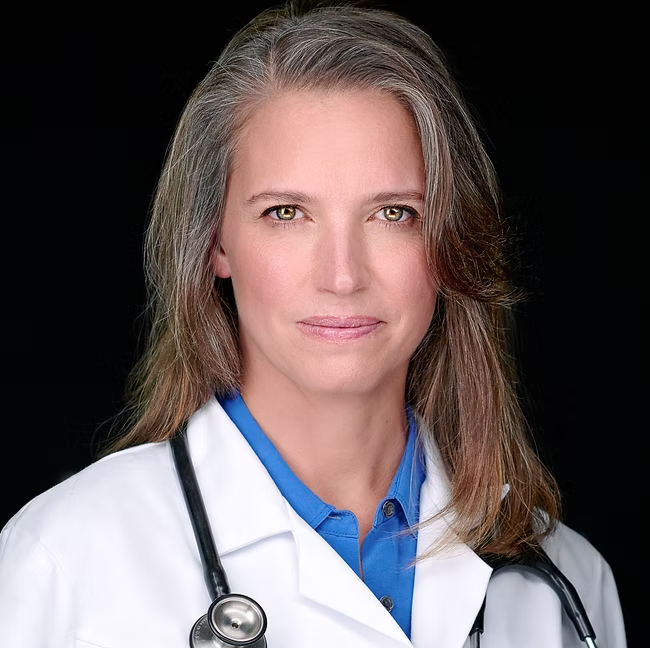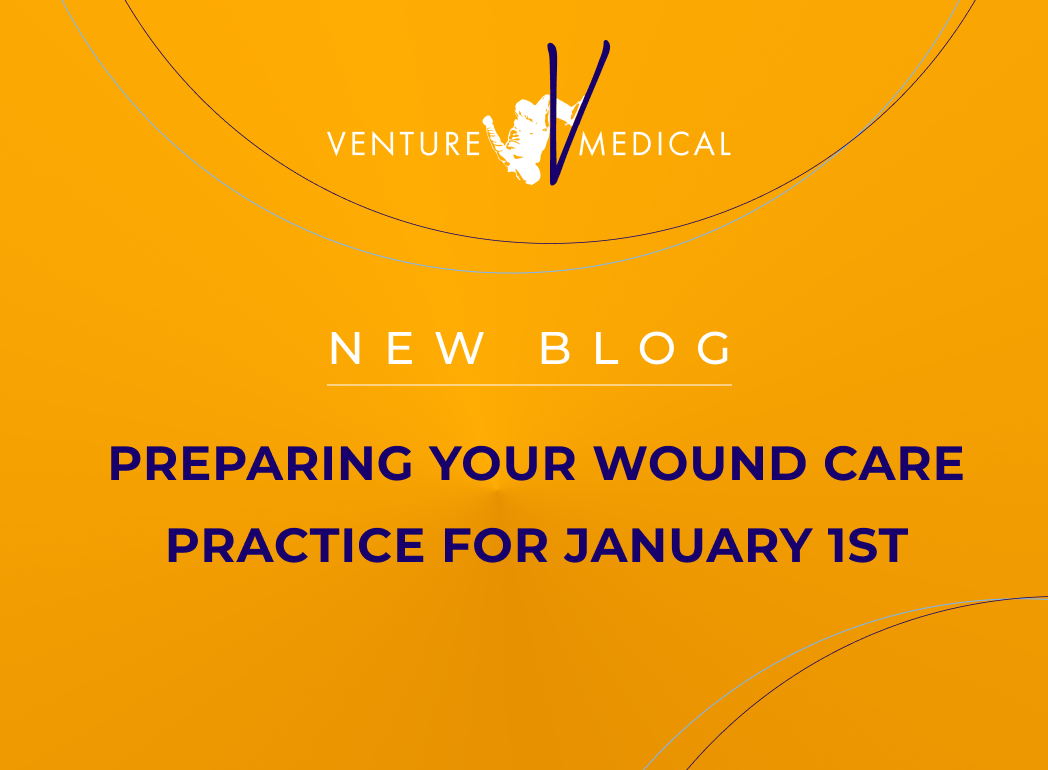Wound Care Compliance & Audit Defense Essentials: Inside the Series Every Provider Should Be Watching

Venture Medical’s Wound Care Compliance & Audit Defense Essentials webinar series empowers clinicians and administrators to navigate today’s complex regulatory environment with clarity and confidence. Through expert-led sessions covering legal, billing, and investigative insights, the series helps providers stay compliant, reduce audit risk, and strengthen their practice for the future.
In wound care, you can’t afford to leave compliance to chance. Every provider knows that a single audit, or even the threat of one, can send stress levels soaring and disrupt an entire practice. That’s exactly why Venture Medical launched our Wound Care Compliance& Audit Defense Essentials webinar series: to equip clinicians, and administrators, with the practical tools, legal insight, and confidence to face today’s tightening regulatory landscape head-on.
At Venture Medical, our goal has always been to lead change, not react to it. This webinar series isn’t just about audits, it’s about empowerment. It’s about giving wound care providers the clarity and confidence to focus on what matters most: delivering great care, protecting their patients, and sustaining their business for the long term.
In an environment where the rules are changing faster than ever, staying ahead isn’t just smart, it’s essential. And this series is helping the wound care community do exactly that. It brings together experts from law, billing, and clinical practice to break down what’s really happening behind the scenes in audits, investigations, and payor scrutiny, and more importantly, what you can do about it.
In Part One, Ronald W. Chapman II, Esq. peeled back the curtain on DOJ prosecutions, CMS audit triggers, and commercial payor tactics, offering strategies to help wound care providers protect their practices. His message was clear: enforcement trends are shifting, and the only way forward is to stay informed, compliant, and prepared.
Part Two, led by Katie Fergus of PractiSynergy®, tackled one of the toughest areas of compliance—billing accuracy and audit survival. Katie walked attendees through the real-world steps to build processes that prevent denials before they happen and withstand audit scrutiny when they do.
Now, we’re heading into Part Three:“Strengthening Your Defense: Understanding the OIG and Navigating Audits &Investigations.”
Happening October 24, at 11 a.m. Mountain Time, this session will feature Dr.Daniel Kapp (MEDNAC) and David Traskey, Esq. (Garfunkel Wild, P.C.), two experts who understand both the clinical and legal sides of OIG investigations.
Together, they’ll explore what happens when enforcement agencies come knocking, how OIG processes really work, how practices can mitigate risk, and what steps you can take today to safeguard your organization. If you’ve ever felt uneasy about how to handle an audit, this is your playbook moment.
On November 7, Michelle Lerma of Rogue Medical will close out the core series with a look at what’s next for wound care compliance, how to translate new policies and enforcement priorities into operational strategies that actually make sense.
And because we know the best learning comes from collaboration, all our presenters will return for a Bonus Q&A Session on November 21 to connect the dots, answer audience questions, and discuss how practices can continue to evolve alongside the regulatory environment.



.svg)


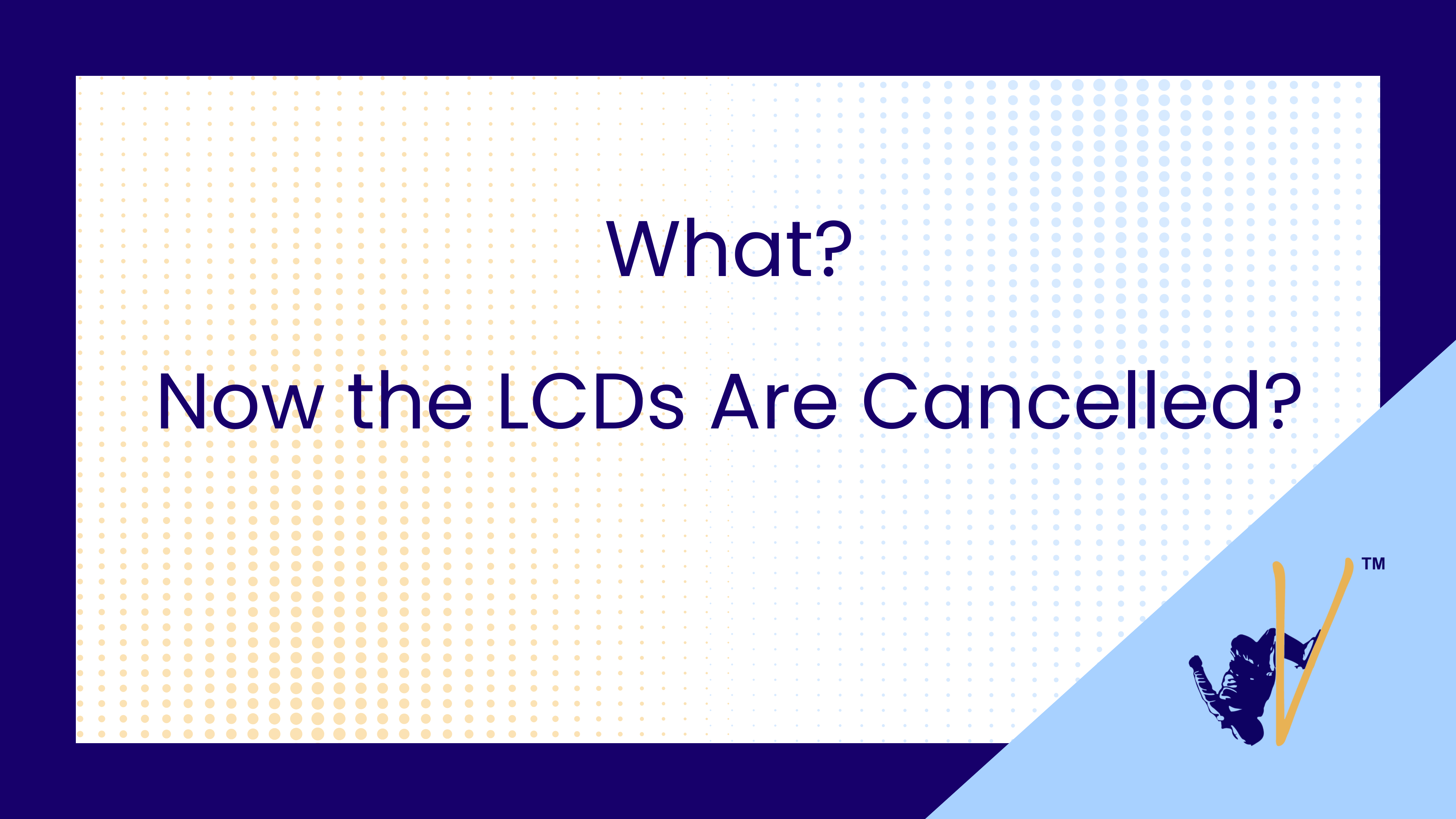
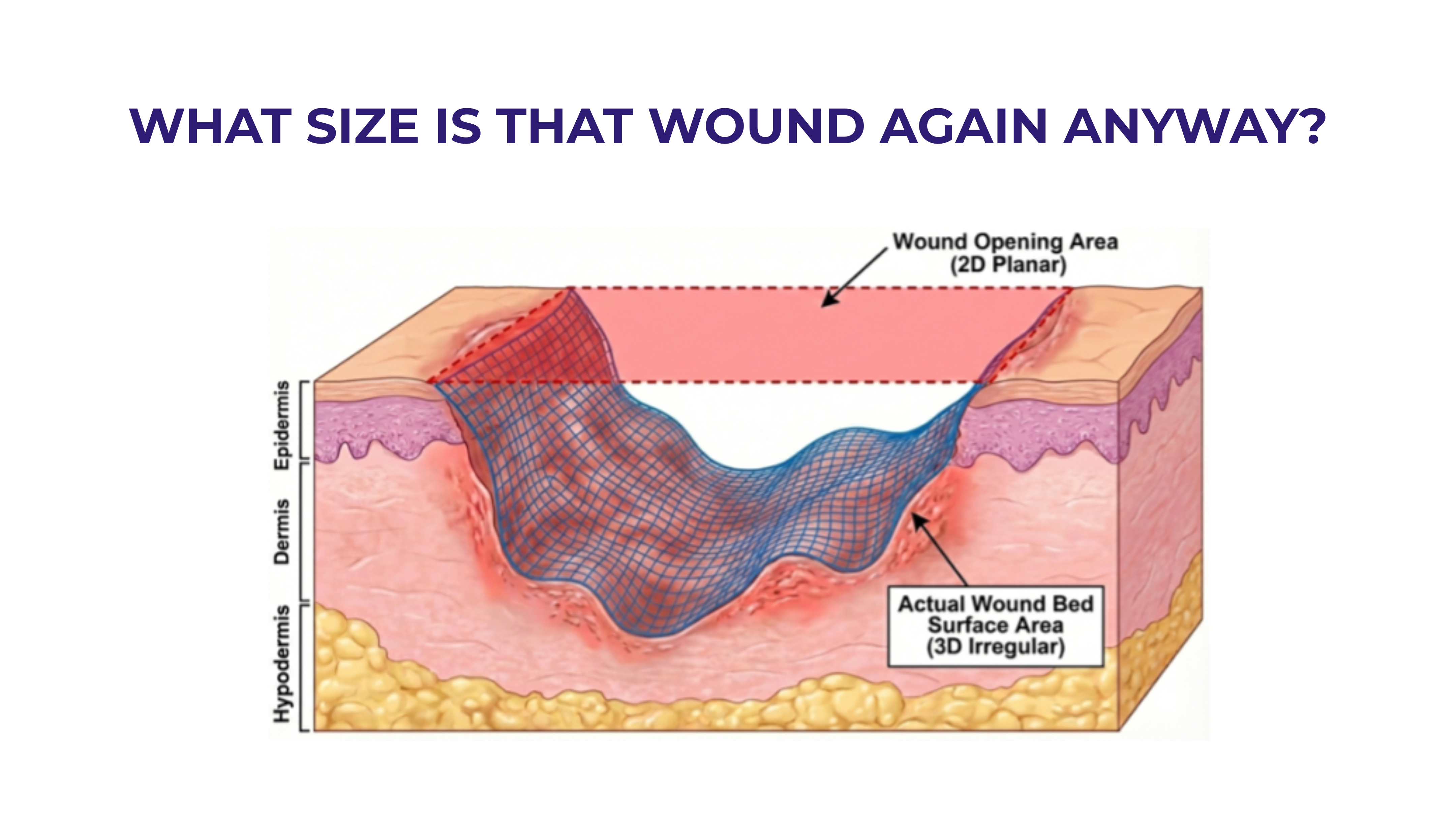

.jpeg)
